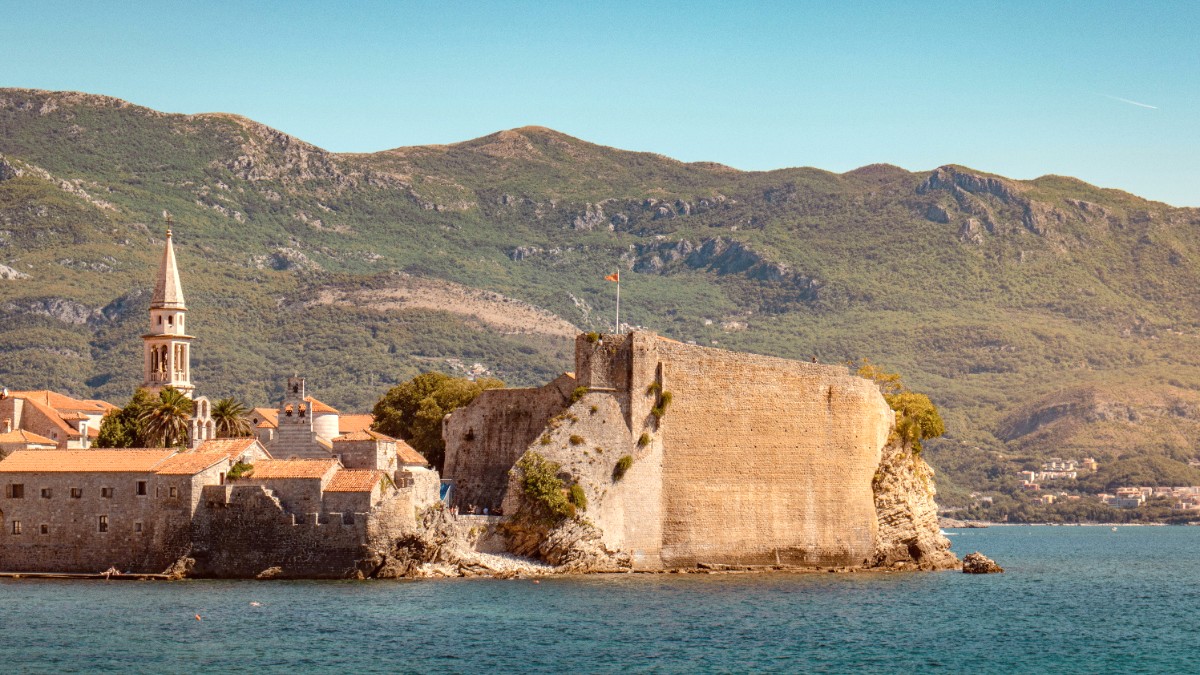
Coastal Montenegro, Montenegro
Montenegro boasts several national parks, including Lovćen, Skadar Lake, and Durmitor, all designated protected areas. While Budva is not located within a national park, the country increasingly focuses on eco-tourism and environmental protection. Marine conservation efforts are active in the Adriatic Sea. Your actions contribute to these broader environmental efforts.
Waste management in Montenegro is in development, and recycling infrastructure is still building compared to some Western European nations. Separate bins for recycling plastic, paper, and glass are becoming more common in urban areas and some hotels, but their presence is not yet universal.
Water resources can experience strain during the peak summer season due to high tourist numbers. It is good practice to be mindful of your water usage. This includes taking shorter showers, turning off taps when not in use, and reporting any leaks you observe.
Discover ways to lessen your carbon footprint and choose environmentally conscious travel options.
While not specific to Montenegro, travelers can opt to offset their flight emissions through various international carbon offset programs. Research reputable programs that direct funds towards renewable energy or reforestation projects.
When booking, seek out accommodations that highlight their eco-practices, like energy efficiency, waste reduction, and local sourcing. These choices back a more sustainable tourism industry.
Engage with Budva's culture respectfully. Your actions contribute to preserving local traditions and fostering positive interactions with the community.
Support the local economy and confirm your tourism contributes directly to the community's well-being.
Avoid any activities that involve the exploitation of animals, like unethical animal shows. Confirm that tour operators or guides pay their employees fairly and maintain good working conditions.
If you wish to donate, do so through established and reputable local charities. This method ensures your contribution reaches those in need effectively and avoids perpetuating begging cycles.
An image of a person refilling a reusable water bottle at a public fountain illustrates simple water conservation practices.